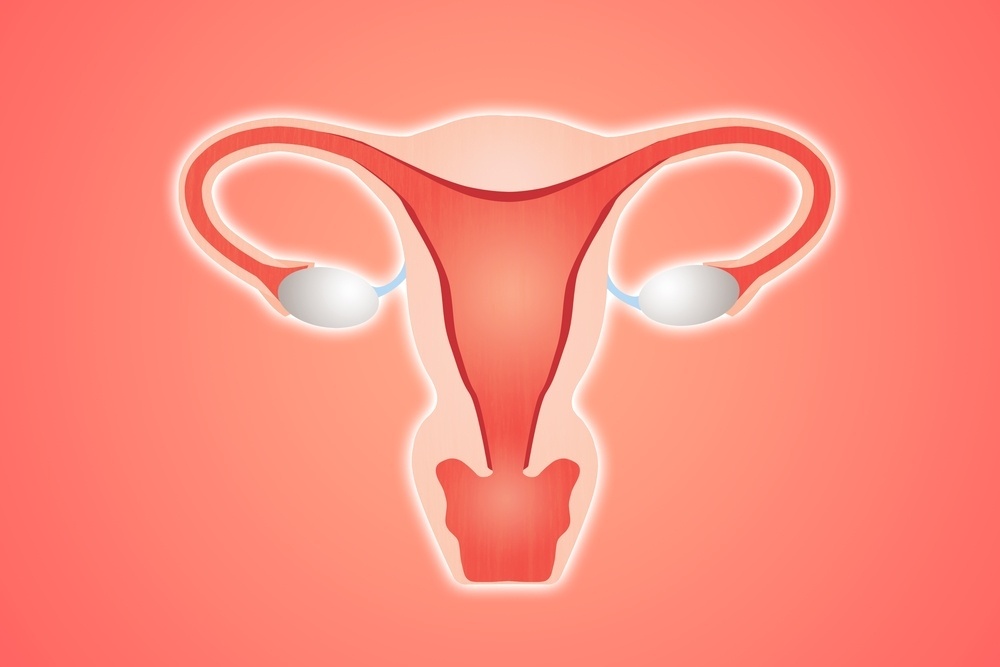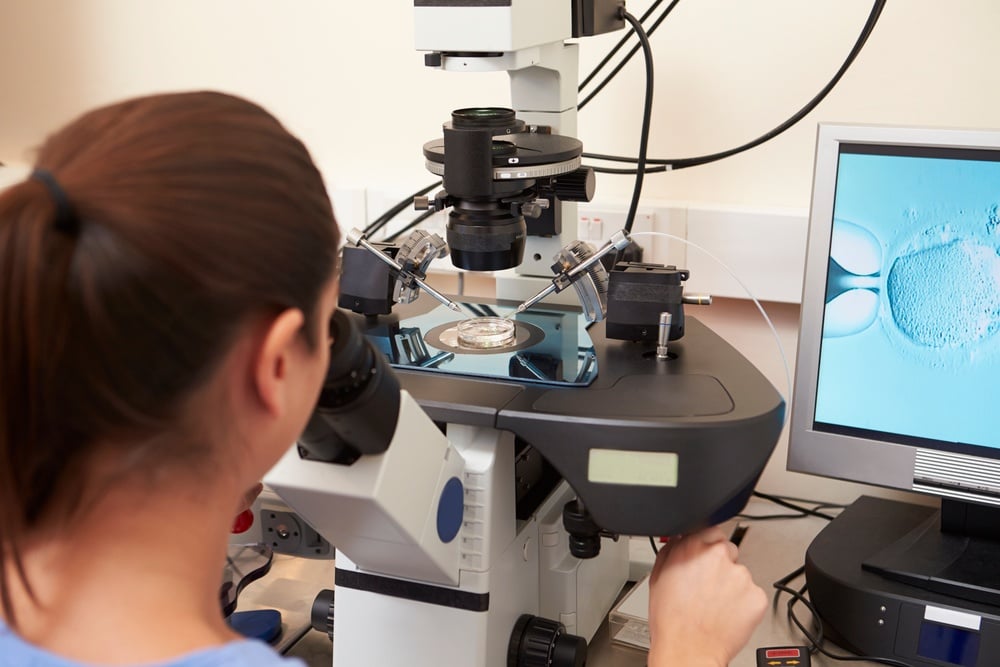Endometriosis is a painful and distressing condition which affects women of childbearing age. The National Institute of Health estimates that this disease may impact up to 10% of women during their fertile years: this means that approximately 5 million women in the US suffer from endometriosis. Aside from the pain, discomfort, and inconvenience these patients experience, many also find that endometriosis is preventing them from conceiving. Understanding how endometriosis can impact your fertility and the treatment options open to you is important. Here’s what you need to know.
Is IVF a Good Treatment Option for Women with Endometriosis?
Hydrosalpinx and Fertility: How the Diagnosis and Treatment can Affect IVF Success Rates
In vitro fertilization (IVF) is a highly effective treatment for many causes of infertility. This is especially true for patients dealing with tubal-factor infertility, where a blockage or other problem with the fallopian tubes (which carry eggs from the ovaries to the uterus) makes conceiving naturally difficult or impossible. Tubal-factor infertility may be caused by a number of conditions, including hydrosalpinx, which is a buildup of fluid in the fallopian tubes. IVF can help patients with hydrosalpinx, but there are some issues to consider as you and your doctor plan your treatment approach.
Intrauterine Insemination (IUI) Procedure: Can This Type of Artificial Insemination Work for You?
We talk a lot about in vitro fertilization (IVF) here on the blog, but it is only one of the fertility treatments available to patients who need help conceiving. The list of assisted reproductive technology (ART) options offered by fertility clinics includes several less invasive and less expensive treatments which may be tried before a patient moves on to IVF.
Trying to Conceive in 2017: An Infertility Reading List
At the end of the year, everyone’s thoughts turn to the future. Hopes come into high definition, and daydreams begin to transform into concrete plans.
What do you want to achieve?
How do you want the next twelve months of your life to look?
For thousands of people across the country, their vision of 2017 includes pregnancy and bringing a baby home, but for those who are struggling to conceive, planning the future doesn’t seem so simple. If something is wrong, consulting with a fertility doctor and getting an accurate diagnosis is a profound way to begin your new year.
What to Do Before and After Embryo Transfer: Tips for Embryo Implantation
For any IVF patient, the embryo transfer procedure is an exciting and stressful milestone in their fertility treatment. After the weeks of medications and monitoring, the egg retrieval procedure and the anxious wait to see how the embryos develop, this final step of the IVF process is full of potential. Once the embryos has been placed in the uterus, one last thing must happen before a patient is officially pregnant: implantation.
IVF Pregnancy vs. Natural Pregnancy: Is There a Difference?
After a successful round of IVF, patients might wonder what they can expect from an IVF pregnancy. The process of achieving pregnancy with the help of assisted reproductive technologies (ART) can seem far removed from “natural” conception, and some women worry that this difference will continue into the pregnancy.
How Does Egg Freezing Work? Understanding the Egg Freezing Process
Egg freezing, or “oocyte cryopreservation,” is a technology that can help to slow down the clock for women who know that they want to get pregnant someday, but also want more time. Age-related fertility problems are one of the most common issues that fertility clinics see, and most of these are related to the decrease in egg quality and quantity.
IVF Miscarriage: Know Your Risks
When you have been through the heartbreak and stress of infertility, sometimes for years, discovering that you are pregnant after IVF can bring mixed emotions. You may expect the joy, relief, and excitement, but for some women, the undercurrent of anxiety can be overwhelming. The most common fear is pregnancy loss, especially if you have suffered one or more miscarriages in the past.
The Most Common Causes of Male Infertility
IVF Surrogacy: An Overview of the Process
Surrogacy has been around since the 1980s, but in the early years it was often shrouded in secrecy and legal red tape. These days, advances in medicine, law, and public awareness have allowed IVF surrogacy to become a routine option for many people who might otherwise never have the chance to have a baby who shares their genetic heritage.














